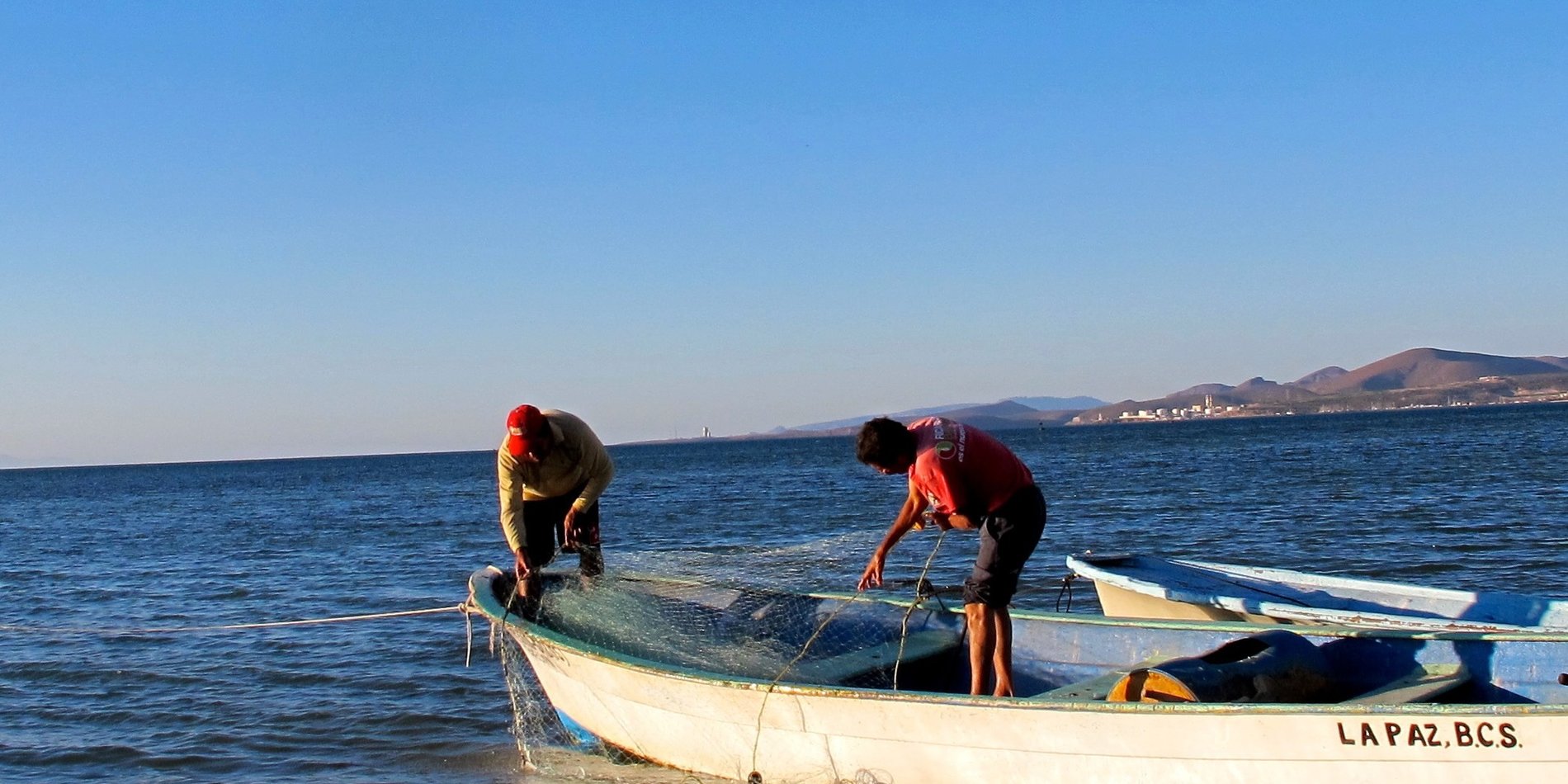Stanford’s Center for Ocean Solutions and the Environmental Defense Fund recently held a workshop on the roles of technology in improving the environmental and socio-economic performance of small-scale fisheries. The workshop, held June 11–12 at Stanford, brought together 30 participants across a variety of sectors to:
1. form a shared understanding of the use of technology in small-scale fisheries
2. identify future priorities
3. apply design thinking to this arena, and
4. frame game-changing innovations.
Participants included leaders in the design and dissemination of technologies for small-scale fisheries, technology experts from outside the fishing sector, leading fisheries and ocean scientists, foundation representatives and other thought leaders.
Small-scale fisheries make critically important contributions to livelihoods, food security and sustainable development – particularly in developing countries. They consist of small vessels with a big impact: small-scale fisheries account for half the world’s total fish catch and 2/3 of catch destined for direct human consumption.
However, because of their dispersed nature and diversity of forms, they are often ignored by major market actors in global value chains. Additionally, due to limited governance and enforcement, as well as policies that may lack local knowledge and scientific assessment, small-scale fisheries can contribute to overfishing and habitat destruction, and do not produce nearly as much food or profit as they are capable of achieving. Securing their effective management is essential for conserving coastal marine resources and for supporting coastal communities and global seafood production.
“We came together to crack problems that have defied us individually. Bringing human-centered design & systems thinking to a technology-assisted strategy has potential to strengthen management and wealth creation in informal economy fisheries,” explained Jim Leape, co-director of the Stanford Center for Ocean Solutions.



